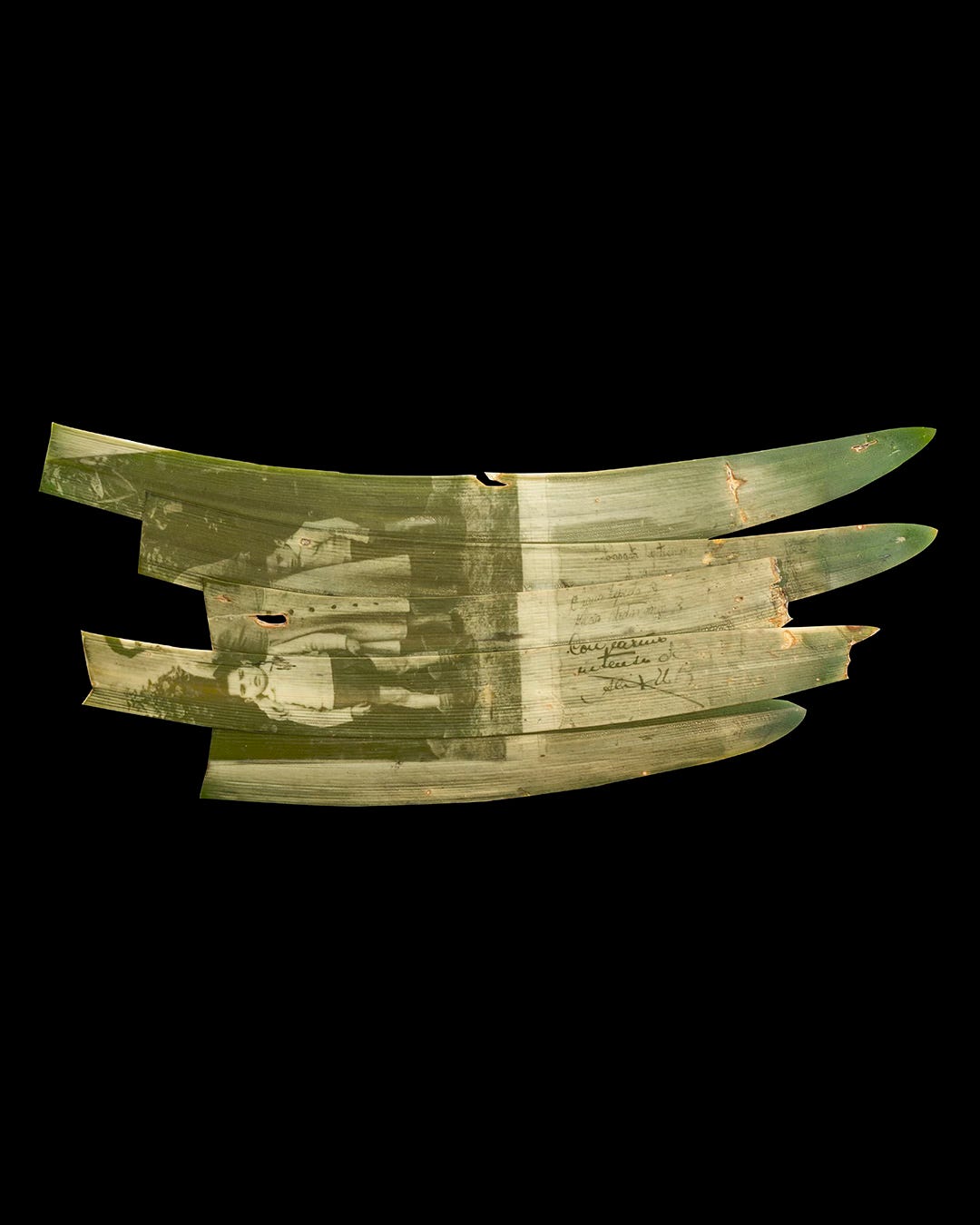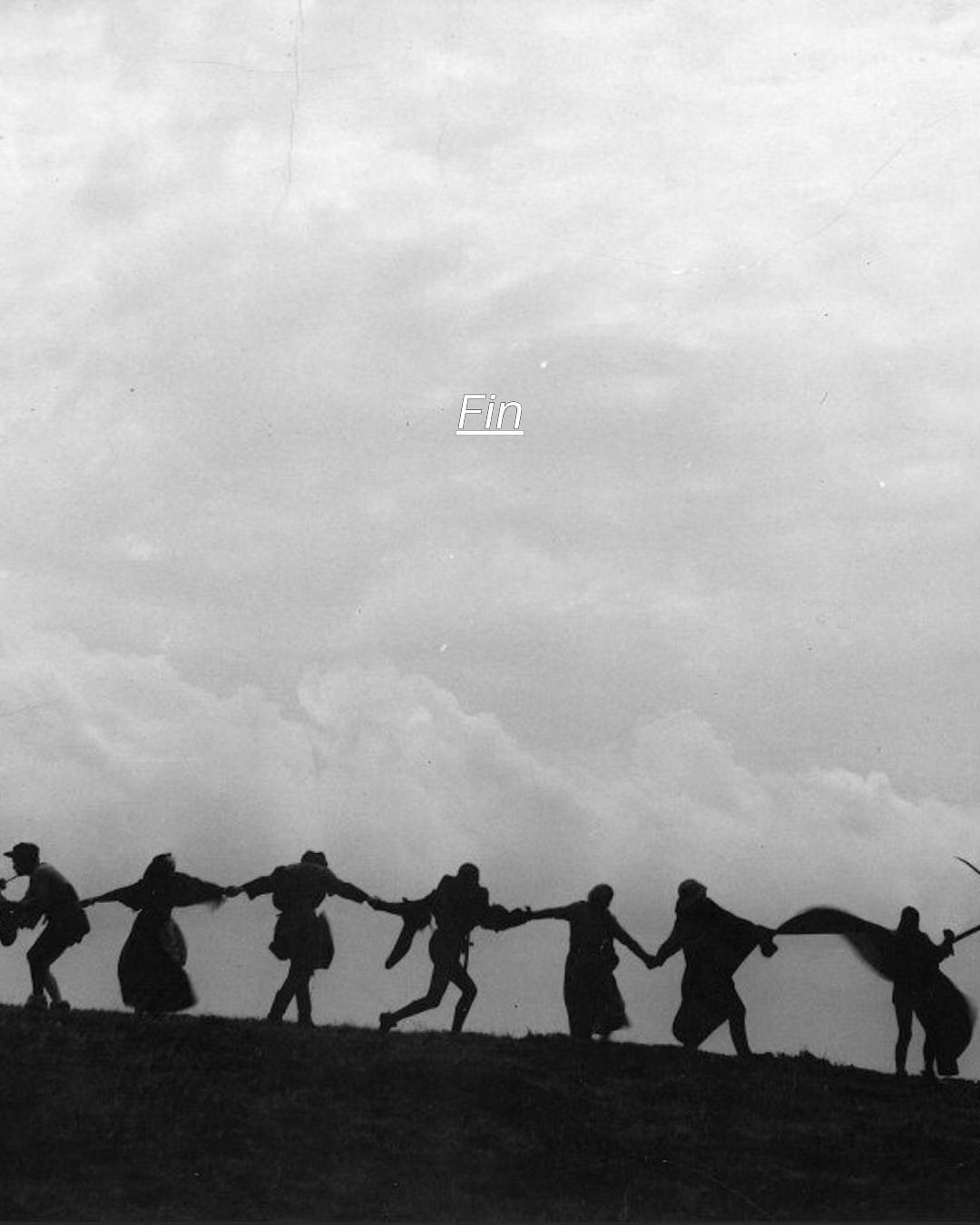“Don’t only practice your art, but force your way into its secrets, for it and knowledge can raise men to the divine.”
Ludwig van Beethoven
First Line | The Road Not Taken by Robert Frost
What better to start than a poem
The Road Not Taken
Two roads diverged in a yellow wood,
And sorry I could not travel both
And be one traveler, long I stood
And looked down one as far as I could
To where it bent in the undergrowth;
Then took the other, as just as fair,
And having perhaps the better claim,
Because it was grassy and wanted wear;
Though as for that the passing there
Had worn them really about the same,
And both that morning equally lay
In leaves no step had trodden black.
Oh, I kept the first for another day!
Yet knowing how way leads on to way,
I doubted if I should ever come back.
I shall be telling this with a sigh
Somewhere ages and ages hence:
Two roads diverged in a wood, and I—
I took the one less traveled by,
And that has made all the difference.
Robert Frost (1916)
Artist of the Week | Catalina Korze
Catalina Korze (born in 1998 in Chile) is a Chilean photographer, artist, and user experience designer. Her work explores the relationship between the analogue and digital realms, merging traditional and contemporary techniques. Through photographic processes, Korze investigates how people interact with objects, questioning materiality, memory, and perception. Her practice seeks to create dialogues between image, experience, and the way we construct meaning in our environment.
Catalina Korze’s - Website - Instagram
All works featured here are the original works of Catalina Korze. Used here with her kind permission. All rights reserved.
“For me, art is a space of curiosity where materials, memory, and meaning are constantly shifting.”
One to Watch | deftones: private music & more with zane lowe [apple music]
With their new album, ‘Private Music’, set for release on 22 August 2025, Deftones had an insightful conversation with Zane Lowe. Expect to find meaningful discussions about sobriety, health complications, artistic process, the love for learning and much more. You do not have to be a fan of Deftones to take something valuable away from this conversation.
Interview | Chris Barkley
Chris Barkley’s debut novel, The Man on the Endless Stair will be released in summer 2025. He was appointed Writer in Residence by the Edinburgh Book Festival in 2022 and has won the Oxford University Kellogg Writing Competition as well as the Bedford International Writing Prize. He achieved a distinction on the MSt in Creative Writing at the University of Oxford and, before that, graduated from the Warwick University Writing Programme with a First. He teaches creative writing at Yale and on social media, he hosts the popular channel @TufferBarkley where he posts writing lessons to a community of over 57k. Edinburgh is where he stays.
Chris Barkley’s - Debut Novel ‘The Man on the Endless Stair’ - Website - Instagram
What’s something writing has taught you about yourself?
To write is to be in a constant state of inquiry, to realise that every story adheres to its own logic, and must be surrendered to before it can be known. This process is often difficult. Writing has taught me humility and persistence.
Do you have a routine that helps you get into the right headspace to write?
I make myself an instant coffee and sit down. Then I will read over what I wrote the day before and use that to propel me into that day’s work. I approach routine the same way I approach novel planning – I have a broad outline of the day, and allow myself to improvise within it. In a day I try to do something for my mental, physical and spiritual health respectively.
What books would you recommend for people looking to get into literature and writing?
Italo Calvino’s Six Memos for the Next Millennium and Ursula Le Guin’s Steering the Craft. (Stephen King’s OnWriting is an obvious one.)
What’s a failure you’ve had that taught you something vital?
A few years ago I separated my shoulder in a grappling competition, went through a break up, got COVID, and was rejected by every publisher, all in the space of a couple weeks. The book that had been rejected is, to this day, the hardest book I’ve written: a literary choose your path novel with 1,337 different permutations of the story. I wrote it while I was working in a warehouse and pinned a lot of hope on its success. Publishers were complimentary but said they wouldn’t know where to place it. Dealing with that string of issues was a challenge and taught me that I have a wonderful support network as well as an ability to endure. Having said this, I am well aware I have it easy. I’ve worked in an alternative school in one of the most deprived areas in Scotland and know what true pain and heroism looks like.
What do you think is the biggest misconception people have about being a writer?
That it is a lucrative occupation. The majority of authors have day jobs.
How do you stay disciplined with your writing when life gets busy or distractions arise?
My approach has changed over the years. I used to understand discipline as forcing myself to sit down and write the 500 words a day, no matter my emotional or physical state. Now, I understand discipline as something more nuanced. Discipline is listening, understanding what is blocking the creativity and addressing the causes and conditions which have led to that blockage.
I also prioritise and say ‘no’ to things.
What was the process like for getting ‘The Man on the Endless Stair’ published?
The novel was inspired by the time I spent on Eigg. I stayed in a bothy there and composed some of the key plot elements. For the story, I also borrowed Kinloch Castle, a feature of the neighbouring island, Rùm. Three years later, after the book had been picked up by Polygon, I took the ferry to Rùm and visited the castle for the first time. What’s strange is that the parts I’d embellished for the purpose of the novel, turned out to actually be there at the castle. Stranger still, my initials are carved in the masonry of the main tower. Many things like that have happened on my journey to publication and when they arise, I think it’s best to follow Vonnegut’s advice when baffled by the mysterious workings of the universe and simply say: “busy busy busy.”
What do you think is the most important quality for a writer to have?
Persistence.
What’s a question you wish more people asked about your work?
I love answering specific questions about the craft of writing. It’s part of the reason I started The Writing Window – to discuss the tools writers use to tell compelling stories.
What’s one piece of advice you would give to aspiring creatives?
Make bold and loving choices.
Final Line | The Starry Night by Anne Sexton (1961)
What better to end than a poem
The Starry Night
The town does not exist
except where one black-haired tree slips
up like a drowned woman into the hot sky.
The town is silent. The night boils with eleven stars.
Oh starry starry night! This is how
I want to die.
It moves. They are all alive.
Even the moon bulges in its orange irons
to push children, like a god, from its eye.
The old unseen serpent swallows up the stars.
Oh starry starry night! This is how
I want to die:
into that rushing beast of the night,
sucked up by that great dragon, to split
from my life with no flag,
no belly,
no cry.
Anne Sexton (1961)
P.S.
Welcome, all you newcomers!! :)














